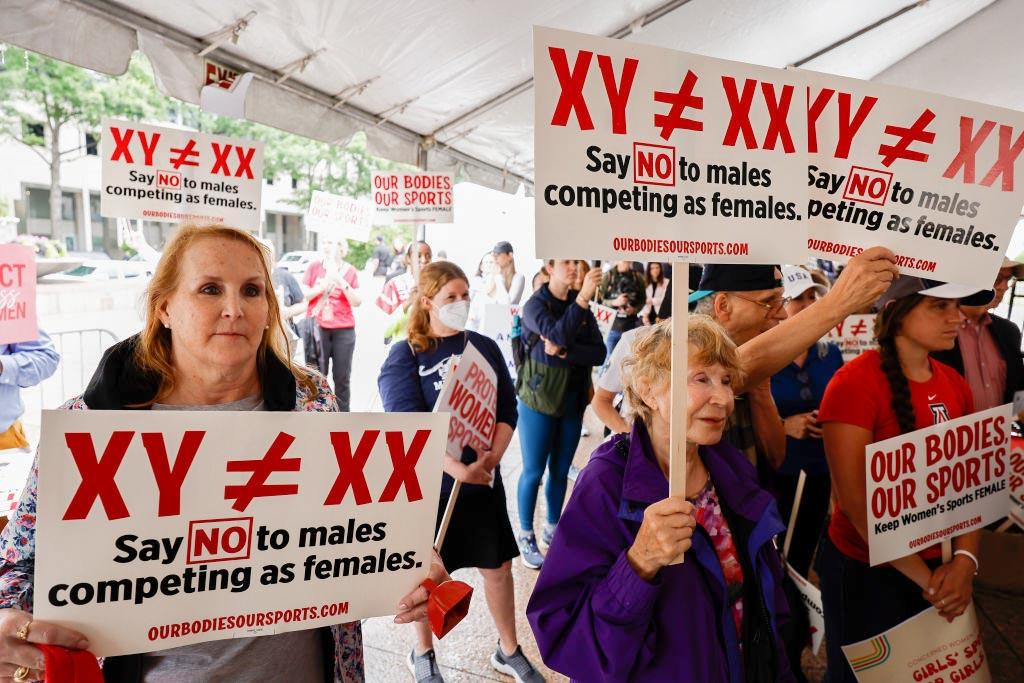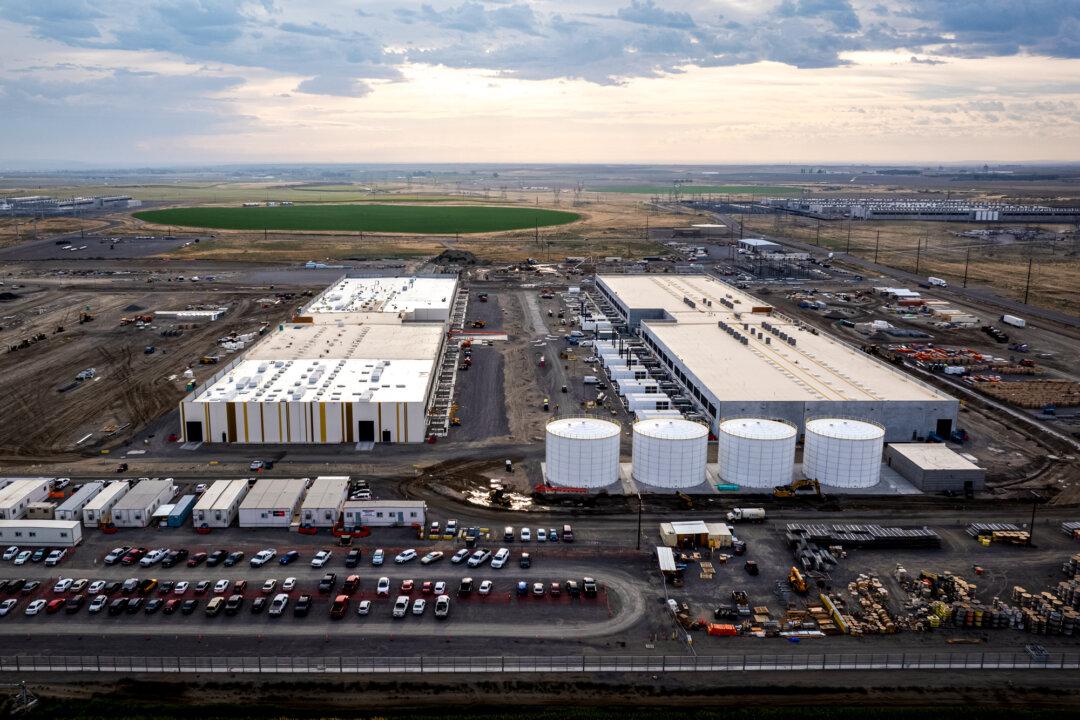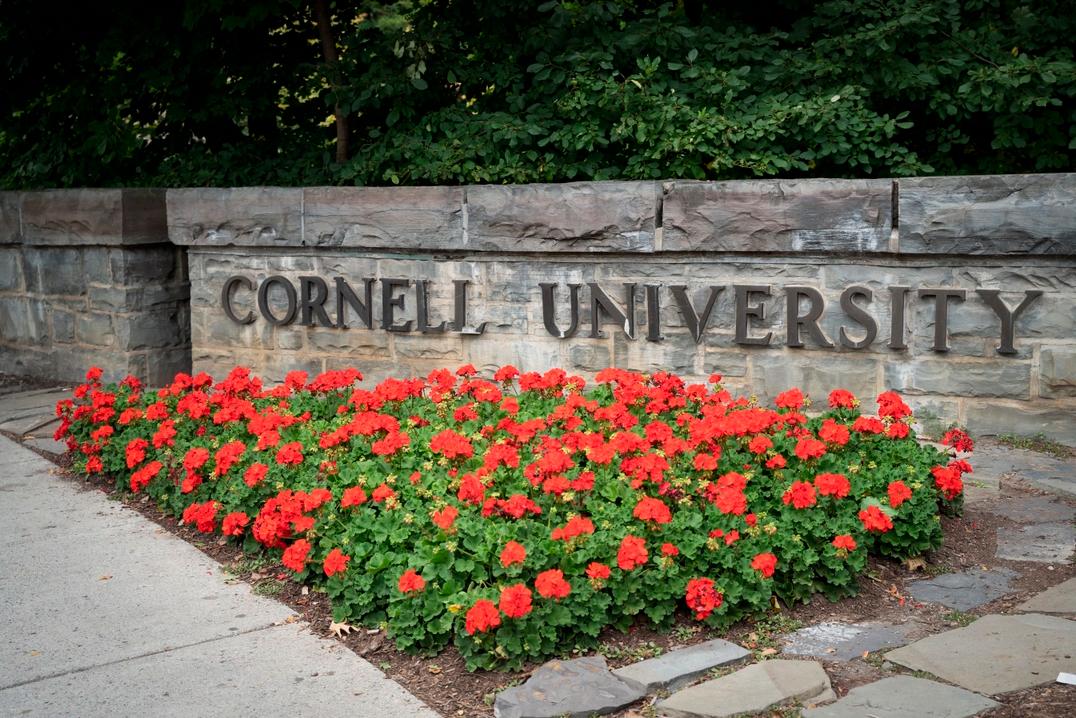After campaigning on a promise to “transition away from the use of fossil fuels like methane gas in homes and commercial buildings,” Oregon’s Democrat Governor Tina Kotek is having a dual natural gas and propane backup generator installed at Mahonia Hall, the official residence of the governor.
According to the official bid for work at the governor’s mansion in the capital city of Salem, the “project includes updating the utility service with backup emergency dual natural gas and propane. Adds a full building services generator to the facility for power, should normal utility power fail.”





